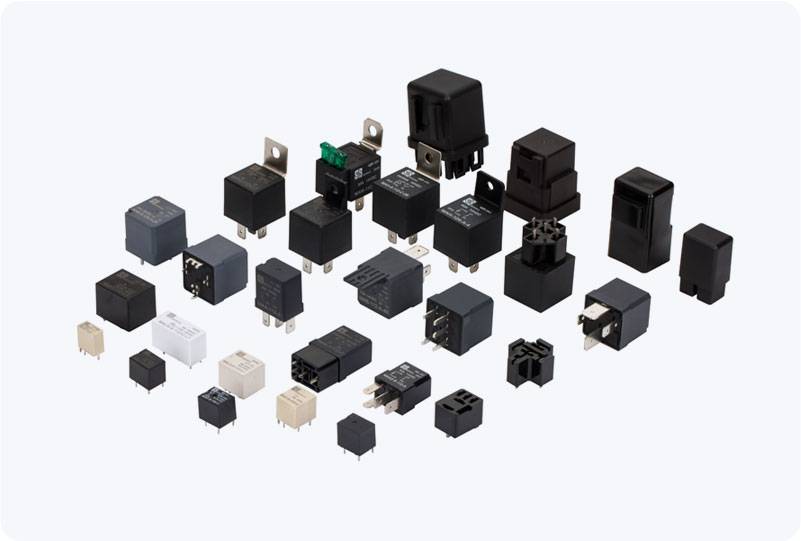Ground faults are one of the most common causes of electrical system failures and accidents. In modern electrical systems, where safety and efficiency are paramount, it is essential to have robust protection mechanisms in place. The Ground Fault Protection Relay (GFPR) is one such device that plays a crucial role in preventing damage to electrical equipment and ensuring the safety of personnel. This article provides an in-depth understanding of Ground Fault Protection Relays, their working principles, functions, and importance in maintaining the integrity of electrical systems.

What is a Ground Fault Protection Relay? A Ground Fault Protection Relay is an electrical protective device designed to detect faults that occur when an unintended connection between an electrical system and ground happens. These faults are called ground faults and can be hazardous, leading to electrical shock, fire, or equipment damage. The primary function of a GFPR is to monitor and detect any abnormal current flowing to the ground and take corrective actions to disconnect the faulty circuit, thus preventing the escalation of any damage. How Does a Ground Fault Protection Relay Work?